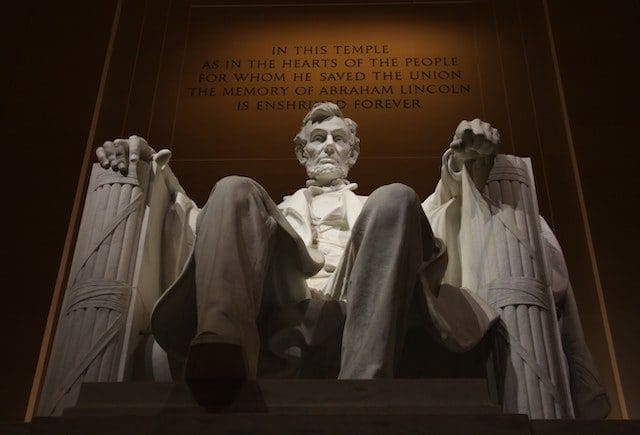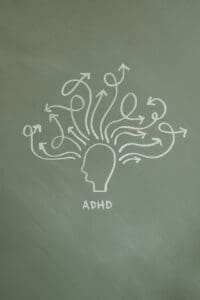Historians are masters in analyzing and making sense of changes in individual lives, communities, and cultures across time. They employ a wide variety of approaches and analytical tools. With their help, researchers answer historical questions and recreate the rich variety of human experiences over time and space. One important aspect of historical research is the ability to communicate findings effectively. This is where an online paper writing service can be invaluable for historians. These services provide professional and experienced writers who can help historians translate their research into clear and compelling written work.
This includes the ways in which individuals have differed greatly in their thoughts, institutions, and cultural practices, as well as the challenges they have faced while living in a world they did not create.
The Importance of History
Let’s discuss why it’s so vital to study history.
Improving the Present
The ability to evaluate and explain problems in the past puts us in a position to recognize patterns. Otherwise, they may be unseen in the present. It gives us a key perspective for understanding current and future challenges.
For instance, a course study on the history of public health can stress how environmental contamination disproportionately impacts populations of lower socioeconomic status, which was a key contributing cause to the Flint water crisis.
Knowing the historical context of immigration might be useful in addressing current racial and cultural issues. The events and their underlying causes that shaped the world we live in today may be understood in various ways via the lens of history.
Developing Compassion
Learning about other people’s lives broadens our perspective, allowing us to see how other people’s beliefs, customs, and practices have developed over time and in other places. Understanding our shared beliefs and aspirations with our ancestors despite vast differences in our experiences is a major benefit of studying history.
Personal Discoveries
Understanding our place in history is one of the many rewards of studying the past. An alumnus of the University of Washington by the name of Michael Stern wrote to Professor Amos Bitzan in October 2015 asking for assistance in translating letters from his grandmother Sara Spira to his parents.
To help his pupils better understand the daily struggles of Jews in Nazi-occupied Poland, Bitzan incorporated readings from some of the letters into his Holocaust education curriculum. In addition, as anybody who has watched an episode of “Who Do You Think You Are?” knows, historical research can reveal fascinating narratives about our ancestors that we would never learn otherwise.
Interconnectedness
Everything we do, use, and study results from an intricate web of ideas, beliefs, and methods. Whether our knowledge of a topic shifts through time or the discipline takes a historical viewpoint, even the content we study in other classes has crucial historical features. No event or discovery is too insignificant to be used as material by historians.

How to Study History
History is one of the “mandatory” classes many students say they hate taking. When they experience difficulty with this discipline, young people often turn to academic help. They often ask professional writers from AssignmentBro to complete their papers and assist with essay writing. And it’s a viable strategy to achieve success at school. However, if you have the appropriate mindset about it, studying the past can be enjoyable and fascinating.
Enjoy Some Movies!
History may be studied and learned via the medium of cinema. Movies and documentaries abound, and many of them do a good job of portraying the past as it really was. Most historical movies and documentaries are entertaining in addition to being informative. Unfortunately, not all movies about the past get the facts right. The period of the German occupation of Poland, seen in the film “Schindler’s List,” is based on real events. And in fact, it is historically true to a certain extent. Despite its emotional impact and enjoyable nature, the film Brave Heart is not based on actual events. Make sure the film you choose is based on accurate historical events if you want to learn anything from it.
Create Mind Maps
Another useful method for quickly grasping historical context and drawing connections is the use of mind maps. In a literal sense, mind mapping allows you to map out historical knowledge, events, and thoughts using symbols, phrases, colors, and images in a logical fashion. It gives more clarity, increases understanding, and allows you to recall enormous amounts of information.
Make Flashcards
Although it is best to absorb important details while keeping the larger picture in mind, rote memorization methods and tactics may be necessary to learn the names, places, and events. In these situations, flashcards are great for learning new material, reviewing old material, and testing your memory. Write a significant date, event, or information on one side of a 3×5 card to use as a flashcard. Write the explanation, summary, or definition on the other side. Using flashcards to study is a tried and true method.
Author’s BIO
Matthew Torain is an academic expert and popular writer. He works with students, helping them achieve their high school and college learning goals. Matthew is passionate about history and believes this discipline is among the most important ones to study.
Featured Photo by Suzy Hazelwood: https://www.pexels.com





